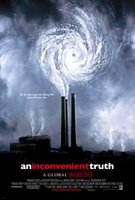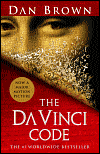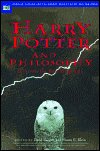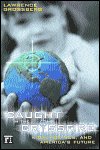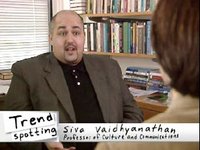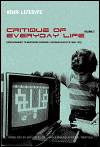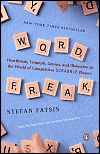http://www.culturemachine.net
CALL FOR PAPERS: RECORDINGS
Editors for this issue: Paul Hegarty and Gary Genosko
What is the current state of aural art media in ‘an era of digital reproduction’? Which trails were followed in order to reach the present of online and/or digital (sub)versions? Due consideration needs to be given to the residues of technologies, the anachronisms, the failures, the less-than-excellent, the dated, the outmoded, and even the yet-to-work. Once we take into account the material (or dematerialised) art object, what about collecting cultures, recycling, destroyed and broken media (the TV thrown from the window….), new broadcast media, turntablism, noise, radio and its avatars, podcasting, any casting, the range of material ‘supports’ (vinyl, the 8 track, betamax, different audio files). Still, has the digital and informational swamped the world in a mass encoded simulation? What and where are the resistances? Are they within or outside of the digital? In the junk heap of analogue machines? In Ebay dreams? What are the material forms/formats that offer critical models, avant-gardism, metacommentary and so on? What is the status of the art commodity, non-commodity or hypercommodity? Contributions on any of the above are welcomed, from any theoretical or historical perspective. Whilst sound is very important, due to its apparent disappearance in ubiquity, submissions are invited to consider other media (notably video art, DVD, streaming), provided it addresses some of the above ideas.
Recommended length: 4000 – 7000 words
Submission deadline date: 1 Feb 2007.
All contributions to Culture Machine are refereed anonymously. Authors should follow the Culture Machine Style Manual in preparing their articles: http://culturemachine.tees.ac.uk/papers.htm#submissions.
Contact:
Editors for this issue: Paul Hegarty, University College Cork, Ireland
Email: phegarty@french.ucc
Gary Genosko, Lakehead University, Canada
Email: genosko@tbaytel.net
Contributing to Culture Machine
Culture Machine publishes new work from both established figures and up-and-coming writers. It is interactive, fully refereed, and has an International Advisory Board which includes Robert Bernasconi, Lawrence Grossberg, Peggy Kamuf, Alphonso Lingis, Meaghan Morris, Paul Patton, Avital Ronell and Nicholas Royle. Among the distinguished contributors to the first eight editions of Culture Machine are Mark Amerika, Alain Badiou, Geoffrey Bennington, Bifo, Oran Catts, Simon Critchley, Jacques Derrida, Diane Elam, Johan Fornäs, Henry A. Giroux, Lawrence Grossberg, Stevan Harnad, N. Katherine Hayles, Peggy Kamuf, David Kolb, Ernesto Laclau, J. Hillis Miller, Anna Munster, Michael Naas, Mark Poster, Melinda Rackham, Tadeusz Slawek, Bernard Stiegler, Ted Striphas, Kenneth Surin, Gregory L. Ulmer, Hal Varian, Cathryn Vasseleu and Samuel Weber.
Culture Machine welcomes material from Britain, Australia and the United States, and is particularly interested in acquiring contributions from those working outside the usual Anglo/Australian/American nexus that currently seems to dominate so much of Cultural Studies/Cultural Theory. Appropriate unsolicited articles of any length from academics, post-graduates and non-academics will all be accepted for publication, as will contributions which respond to or seek to engage with work previously published in Culture Machine. So-called ‘inter-active’ texts are welcomed, as are any forms of contribution that take advantage of and explore the uses and limitations of digital technology.
--------
Dr Gary Hall
Senior Lecturer in Media and Cultural Studies, Middlesex University
Co-editor of Culture Machine http://www.culturemachine.net
Director of the Cultural Studies Open Access Archive: http://www.culturemachine.net/csearch
My website http://www.garyhall.info





